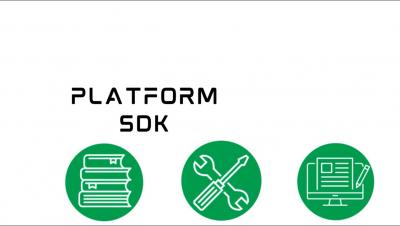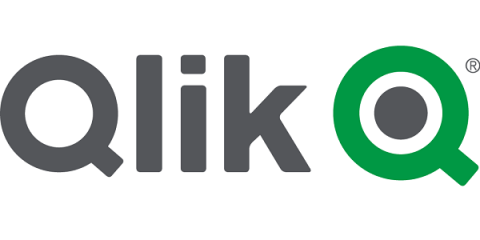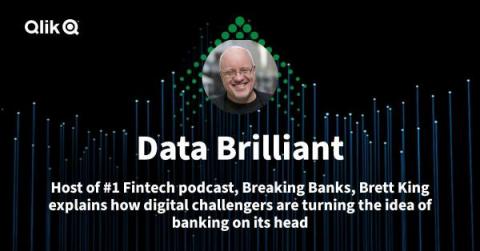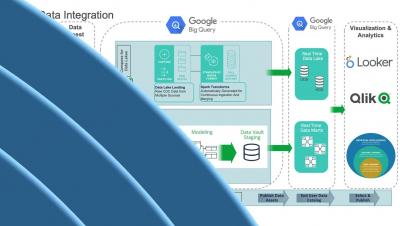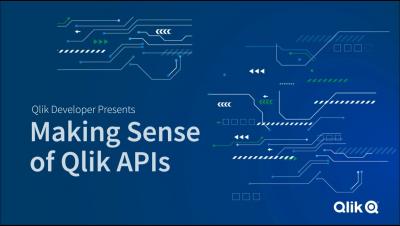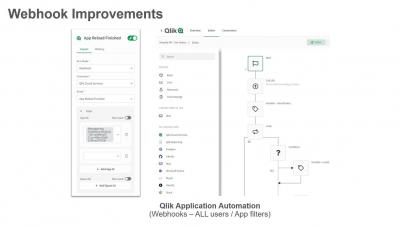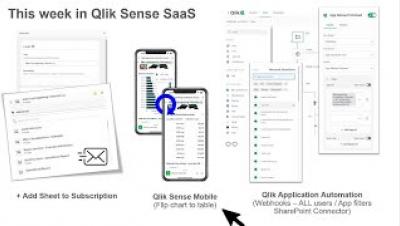Systems | Development | Analytics | API | Testing
March 2022
Section Access in the Qlik Cloud Platform - now with support for Insight Advisor Chat
Hello World - Introducing Platform SDK
How to Prepare Your Workforce For the Future Data-Driven Enterprise
The digital revolution has truly transformed modern organizations, embedding data and analytics in every business process and customer interaction. Advances in technology enable smart supply chains with predictive analytics, automated logistics for same-day delivery, and AI advisors that reduce medical errors. As this continues, workers in all roles will need new a new skill—data literacy—to collaborate with these systems and each other.
From Bricks and Mortar to Taps and Swipes, Accelerated Disruption in Banking Is Set to Continue
In 2019, global venture capital investment in Fintech totaled at least $33.9 Billion. For years, the incumbent players had been warning the sector that when the next recession hit, or when fintech faced a “real” crisis, that the sector would, at worst, collapse, and, at best, see a whole bevy of fintech players disappear
Tribalism May Just Be the Largest Reason For Misinformation - But Understanding It Is Essential To Dismantling It
I’ve been blogging for about a year about the power of misinformation and our obligations as data professionals to combat it. In a March 2021 blog post, titled “The Power of Misinformation,” I outlined some of our biological instincts that make us susceptible to misinformation and how tricksters exploit them.
The Great Resignation: Opportunity or Threat?
I don’t think anyone could argue that the last two years have changed the workplace forever. Entire nations have been confined to their homes during months of lockdowns, and the way we conduct business and interact with each other has passed a point of no return.
Hello World - Introduction to Qlik CLI
Driving Value and Innovation from SAP with Qlik and Google Cloud Cortex Framework
Experiments - Building a Predictive analysis dashboard using Qlik Sense & Qlik AutoML
Qlik Application Automation
The Lost Art of Questioning
Asking the right questions of your data and knowing what you are looking to find is a critical component for gaining insights from your data that drive specific actions. Data is not black and white; there is so much you can do with it. Accordingly, two people with the same data can come up with very different insights. This is because so much depends on the specific problem to be solved and the approach you take to solve it.




